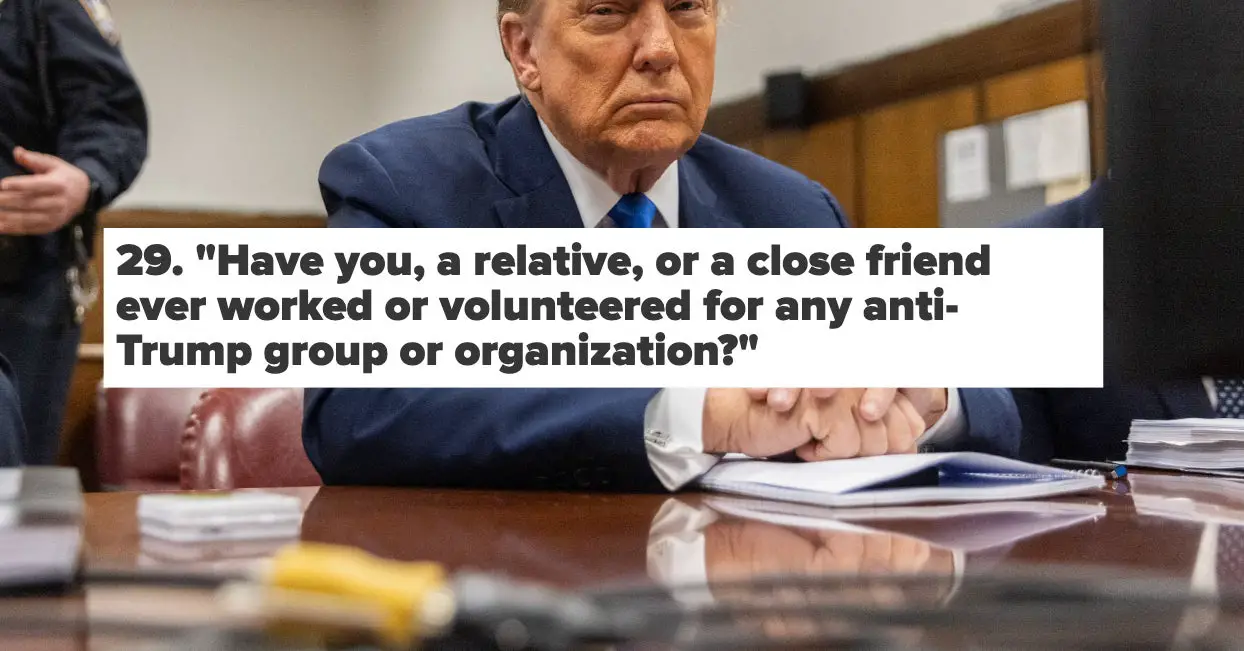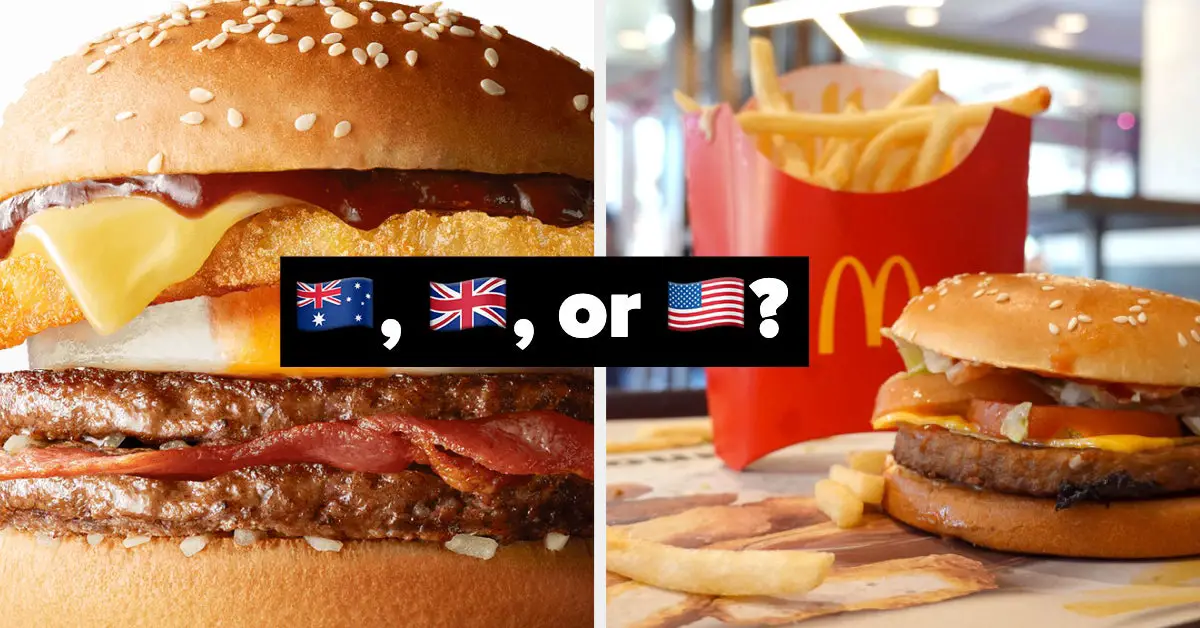from the reporting-means-calling-out-bullshit dept
It’s frustrating how few news organizations these days are willing to call out nonsense for being nonsense. Too many feel they need to do one of those “view from nowhere” things where they pro/con everything. That’s why I appreciate The Verge, a news site that has spent years actually taking a stand. Its latest is a piece by Emma Roth, calling out the spate of age verification laws, and what a disaster they are for privacy online.
The article is great, and goes through a number of things that we’ve highlighted over the past few months, including the French data protection agency, CNIL, saying that no age verification tech protects privacy, and a similar report from the US’s Congressional Research Service. It also details many of the other privacy problems from various “tech” solutions to age verification:
It also poses a host of privacy risks, as the companies that capture facial recognition data would need to ensure that this biometric data doesn’t get stolen by bad actors. UK civil liberties group Big Brother Watch argues that “face prints’ are as sensitive as fingerprints” and that “collecting biometric data of this scale inherently puts people’s privacy at risk.” CNIL points out that you could mitigate some risks by performing facial recognition locally on a user’s device — but that doesn’t solve the broader problems.
Inferring ages based on browsing history raises even more problems. This kind of inferential system has been implemented on platforms like Facebook and TikTok, both of which use AI to detect whether a user is under the age of 13 based on their activity on the platform. That includes scanning a user’s activity for “happy birthday” messages or comments that indicate they’re too young to have an account. But the system hasn’t been explored on a larger scale — where it could involve having an AI scan your entire browsing history and estimate your age based on your searches and the sites you interact with. That would amount to large-scale digital surveillance, and CNIL outright calls the system “intrusive.” It’s not even clear how well it would work.
There’s a lot more in the article, but I also appreciate how it calls bullshit on the whole “we don’t let kids buy alcohol, so clearly we can block them from social media” argument:
Some proponents of online safety laws say they’re no different than having to hand over an ID to purchase alcohol. “We have agreed as a society not to let a 15-year-old go to a bar or a strip club,” said Laurie Schlegel, the legislator behind Louisiana’s age restriction law, after its passage. “The same protections should be in place online.” But the comparison misses vastly different implications for free speech and privacy. “When we think about bars or ordering alcohol at a restaurant, we just assume that you can hand an ID to a bouncer or a waiter, they’ll hand it back, and that’s the end of it,” Venzke adds. “Problem is, there’s no infrastructure on the internet right now to [implement age verification] in a safe, secure, private way that doesn’t chill people’s ability to get to constitutionally protected speech.”
Most people also spend a relatively small amount of their time in real-world adults-only spaces, while social media and online communications tools are ubiquitous ways of finding information and staying in touch with friends and family. Even sites with sexually explicit content — the target of Louisiana’s bill — could be construed to include sites offering information about sexual health and LGBTQ resources, despite claims by lawmakers that this won’t happen.
It’s well worth reading the whole article. I just thought it was nice to see a straightforward, carefully researched article like this in a news publication, that doesn’t equivocate, or try to present “both sides” on an issue. It just goes through a bunch of examples of the technology, highlights why each solution is a problem for privacy (and even gets quotes from people both pro and con about the tech, but doesn’t then shift the overall focus of the article), and concludes by noting what a big deal this could be for privacy and the open internet:
Even if many of these rules are shot down, the way we use the internet may never be the same again. With age checks awaiting us online, some people may find themselves locked out of increasingly large numbers of platforms — leaving the online world more closed-off than ever.
Kudos to Roth and the Verge. I wish more publications were willing to publish stories like this.
Filed Under: 1st amendment, age verification, cnil, crs, open internet, privacy
Source link










Leave a Reply